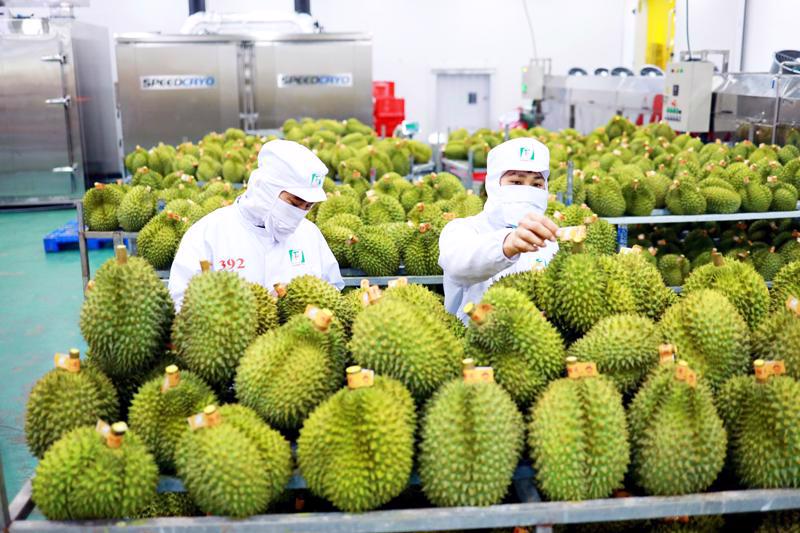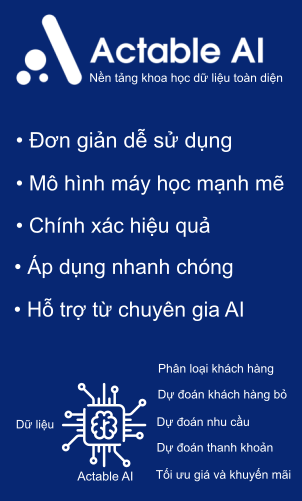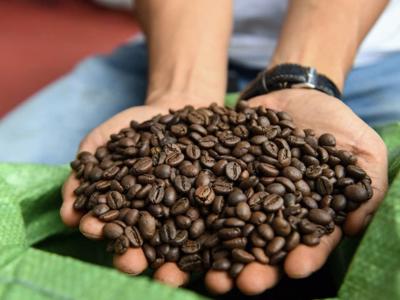Bringing Vietnamese fruits and vegetables deeper into the Chinese market
A seminar on November 12 highlights the untapped potential for Vietnamese fruit and vegetable exports to China.

At a seminar entitled "Potential for exporting fruits and vegetables to China via offficial channels" held in Haoi on November 12, experts from the Ministry of Industry and Trade (MoIT), associations, and enterprises urged Vietnamese businesses to expand their agricultural exports to China in order to fully leverage the potential of this vast market.
Export opportunities remains
According to Mr. Dang Phuc Nguyen, General Secretary of the Vietnam Fruit and Vegetable Association, Vietnamese agricultural products have yet to deeply penetrate key economic regions of China, such as Beijing, Shanghai, and Shandong.
These regions, characterized by high population density and substantial per capita income, offer lucrative opportunities for Vietnamese enterprises to establish a foothold in this market.
Highlighting the current export potential of fruits and vegetables to China, Mr. Nguyen noted that Vietnamese fruits like durian, dragon fruit, bananas, mangoes, and passion fruit are highly favored by Chinese consumers for their quality, comparable to other regional competitors.
Vietnam enjoys a strategic advantage with border gates close to some of China's major wholesale markets. This proximity allows for faster and more cost-effective transportation, a competitive edge not shared by other major exporters like Thailand.
Currently, Vietnam exports 11 specialty fruits to China, including durian, jackfruit, dragon fruit, banana, mango, longan, lychee, watermelon, rambutan, mangosteen, and passion fruit, along with additional items like sweet potatoes and xa den (Celastrus hindsii Benth) leaves.
In 2023, Vietnam's total fruit and vegetable export revenue reached $5.6 billion, of which $3.63 billion or nearly 65 per cent of the total came from China. Projections for 2024 suggest exports could hit $7.5 billion, with China's share rising to over $5 billion, representing about 70 per cent of the total projected turnover.
Agreeing, Mr. Nguyen Chung Kien, representative of the MoIT's Asia-Africa Market Department, emphasized that while total Vietnam-China trade value exceeded $171 billion in 2023, Vietnam's exports accounted for only $61.3 billion, reflecting room for export growth of key products such as agricultural goods to China.
Competition and challenges ahead
Despite the potential to expand fruit and vegetable exports to regions beyond China's southern border areas, experts and industry association representatives cautioned that Vietnamese businesses and farmers face numerous challenges in increasing their market share in this East Asian country.
The first major challenge is how to establish direct distribution channels in China? Currently, most Vietnamese produce is sold to small-scale traders near border areas. Expanding beyond these regions requires robust partnerships with major Chinese distributors and supermarkets.
Secondly, regional competitors like Thailand, the Philippines, and Laos, along with China’s domestic agriculture sector, pose increasing competition.
According to a representative of the Vietnam Fruit and Vegetable Association, for most types of produce that China can domestically cultivate—such as watermelon, bananas, mangoes, and longan—Vietnam’s export turnover has dropped below $500 million, typically fluctuating between $300 million and $400 million.
"After China began cultivating dragon fruit in 2022, Vietnam's annual dragon fruit export value halved from over $1 billion to $500 million", Mr. Nguyen shared at the event.
The third challenge lies in stringent Chinese quality standards. While tariff barriers have eased, technical requirements, such as phytosanitary certification and region-specific cultivation codes issued by the General Administration of Customs China (GACC), present complex, time-consuming processes. Violations could result in certification revocation, causing costly delays.
To overcome these challenges, experts recommend adopting advanced preservation and processing technologies to extend shelf life and ensure Vietnamese produce can reach northern Chinese cities. Diversifying supply chains and forming partnerships with major Chinese retailers will also help penetrate deeper into the market.
Vietnamese farmers and enterprises should align production schedules with China's agricultural cycles to minimize direct competition. Building strong brands, obtaining origin traceability certification, and adhering to high production standards like VietGAP will further enhance Chinese consumer's trust in Vietnamese agricultural products.
Lastly, the government should negotiate additional trade agreements to secure market access for products like pomelos and avocados, and promote cross-border rail transport to boost export volumes. These efforts could significantly enhance Vietnam's position in China's vast and dynamic agricultural market.




















